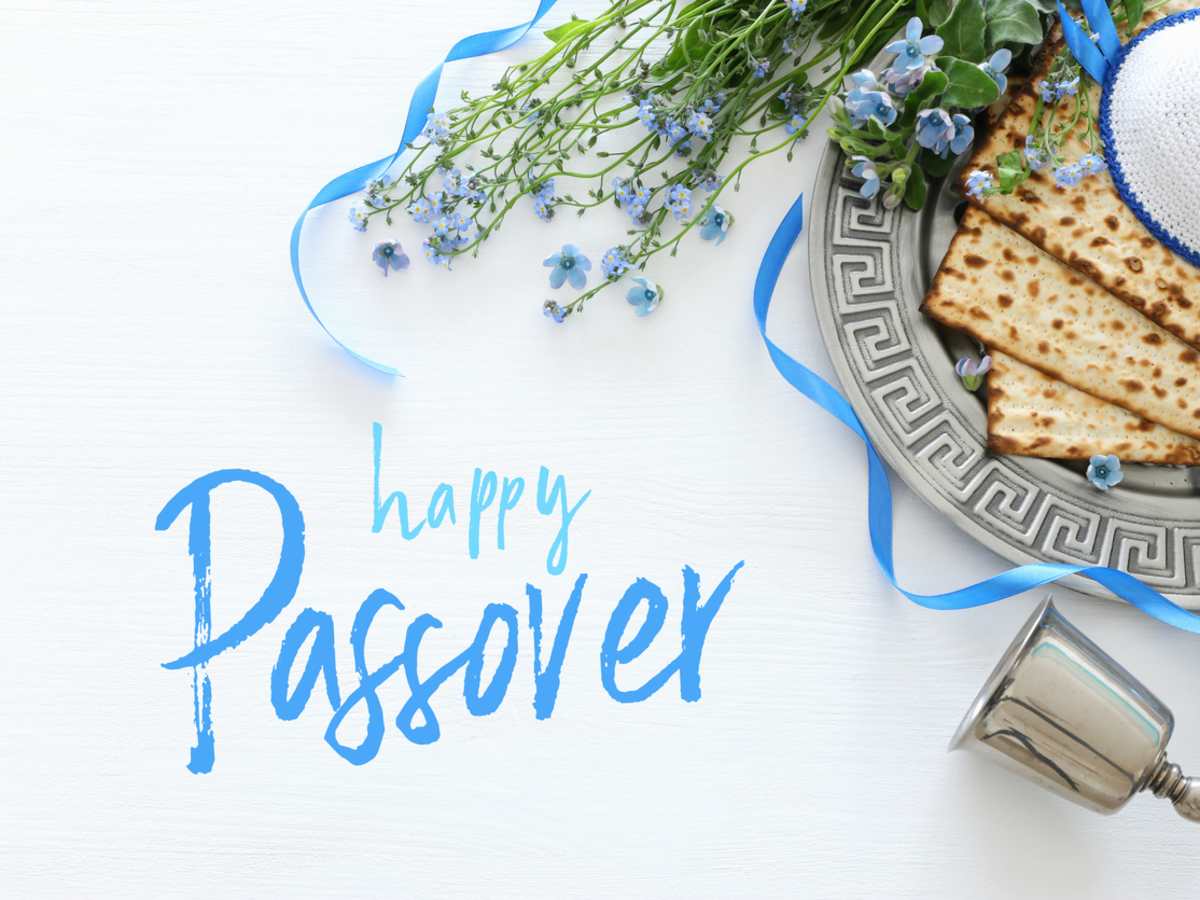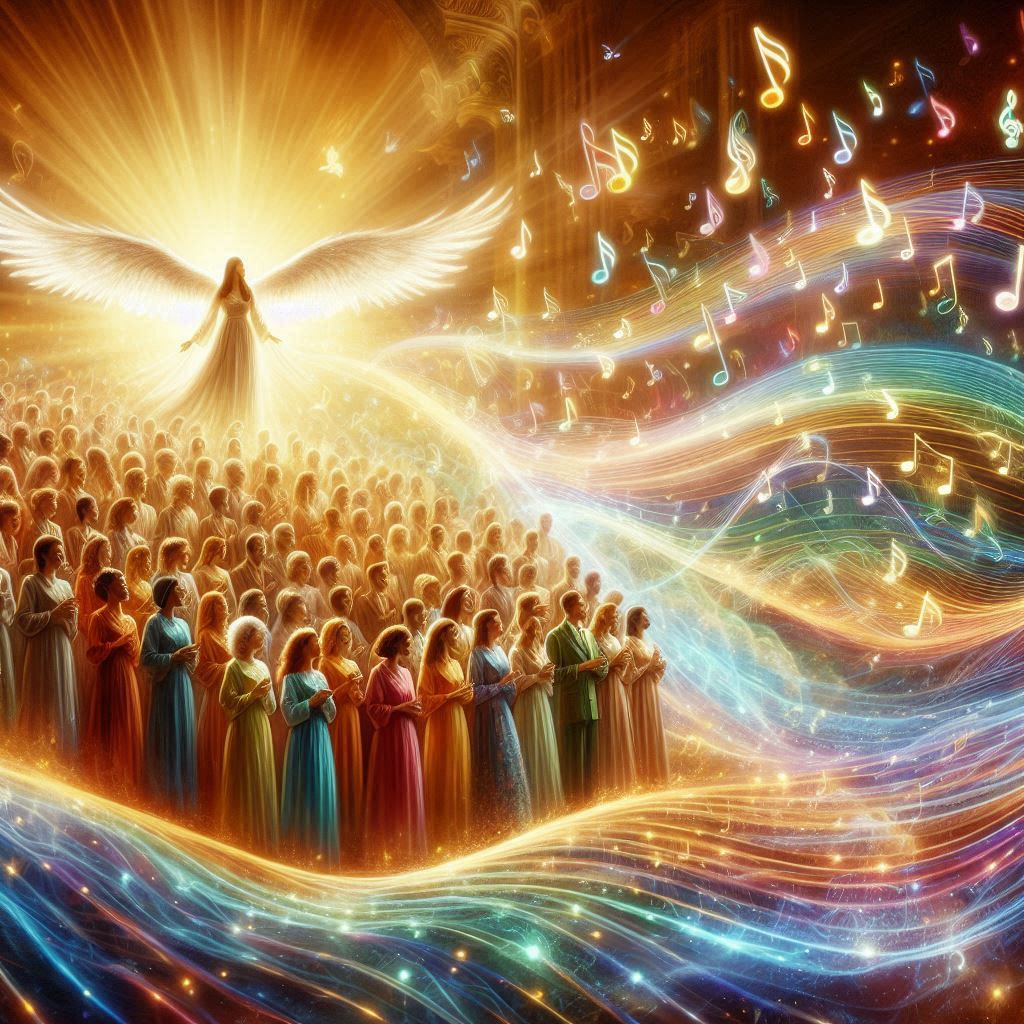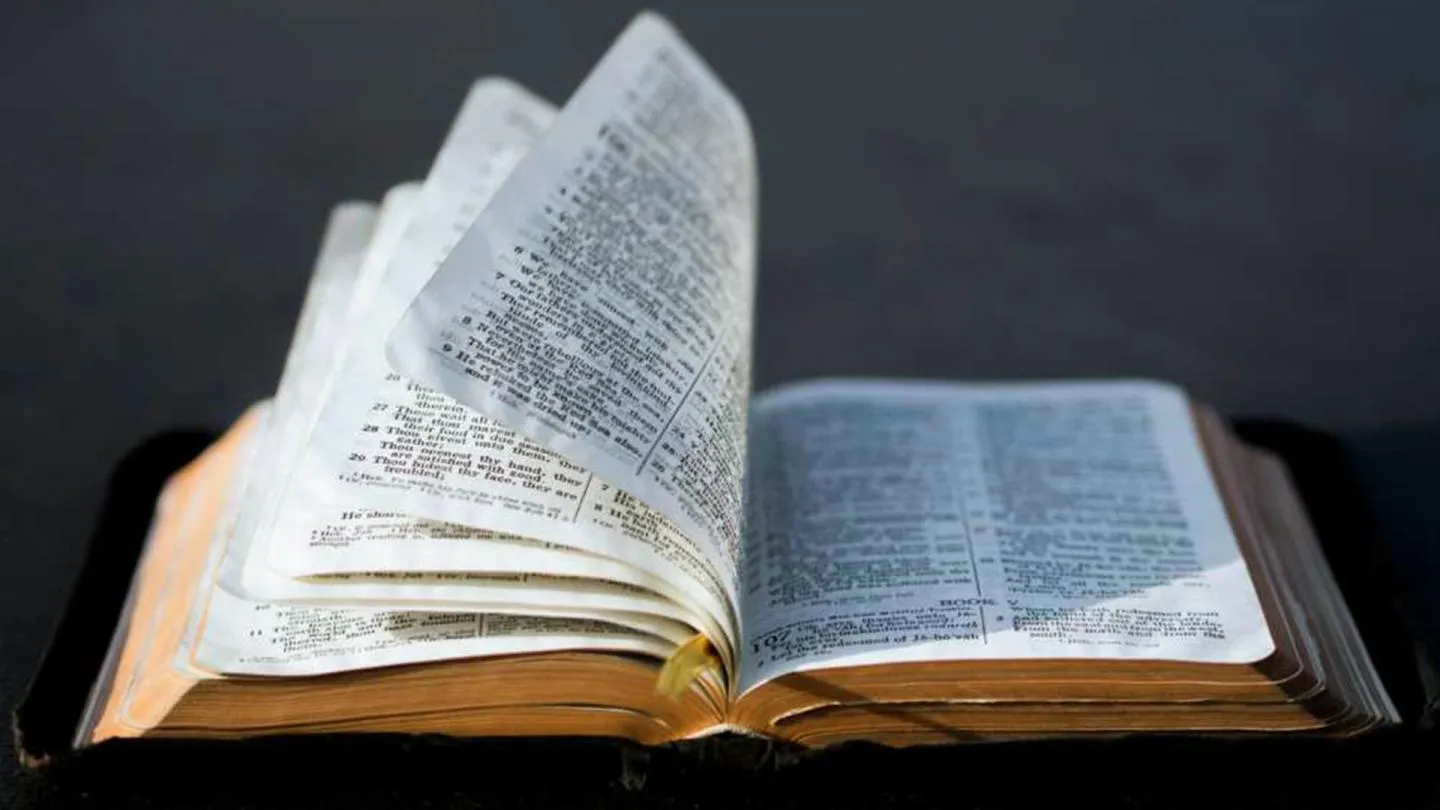Passover, a significant holiday, holds profound meaning from a Messianic perspective, particularly in relation to Jesus (Y’shua) and His fulfillment of the Passover lamb. This feast, celebrated annually, commemorates the Israelites’ liberation from slavery in Egypt and serves as a powerful symbol of redemption and salvation through Jesus.
The Significance of Passover
- Historical Context: Passover originates from the Exodus narrative in the Book of Exodus, where God instructed the Israelites to mark their doorposts with the blood of a lamb to protect them from the final plague that struck Egypt (Exodus 12:1-28). This act of faith led to their deliverance from bondage, making Passover a celebration of freedom and divine intervention.
- Jesus as the Passover Lamb: In the New Testament, Jesus is identified as the ultimate Passover lamb. His crucifixion coincided with Passover, symbolizing His role as the sacrificial lamb whose blood redeems humanity from sin. As stated in 1 Peter 1:19, Jesus is described as “a lamb without blemish or defect,” emphasizing His sinlessness and suitability as the sacrifice for all.
- Jesus Celebrating Passover: Jesus, being Jewish, observed Passover throughout His life. The Gospels recount the Last Supper, which was a Passover meal. During this meal, Jesus took the unleavened bread and wine, declaring them to be His body and blood, thus instituting the New Covenant (Luke 22:19-20). This act not only fulfilled the Passover tradition but also redefined it, inviting all believers to partake in His sacrifice.
The Four Cups of Passover
The Passover Seder includes four cups of wine, each representing a promise made by God to the Israelites:
- Cup of Sanctification: Represents God’s promise to bring the Israelites out of Egypt (Exodus 6:6).
- Cup of Deliverance: Symbolizes God’s promise to rescue them from bondage.
- Cup of Redemption: This is believed to be the cup Jesus referred to during the Last Supper, signifying His blood of the covenant (Matthew 26:28)
- Cup of Praise: Celebrates the establishment of Israel as a nation and God’s everlasting covenant with His people.
Messianic Fulfillment
From a Messianic perspective, Passover is not just a historical event but a prophetic foreshadowing of Jesus’ mission. His entry into Jerusalem on the 10th of Nisan, the same day the Passover lambs were selected, and His crucifixion on the 14th of Nisan align with the Passover narrative, reinforcing His identity as the Messiah.
Conclusion
Passover serves as a vital link between the Old and New Testaments, illustrating God’s redemptive plan through Jesus. For Messianic believers, celebrating Passover is a profound way to connect with the roots of their faith and to recognize Jesus as the fulfillment of the Passover lamb, whose sacrifice brings salvation to all those who accept Him as their Lord and Savior.



